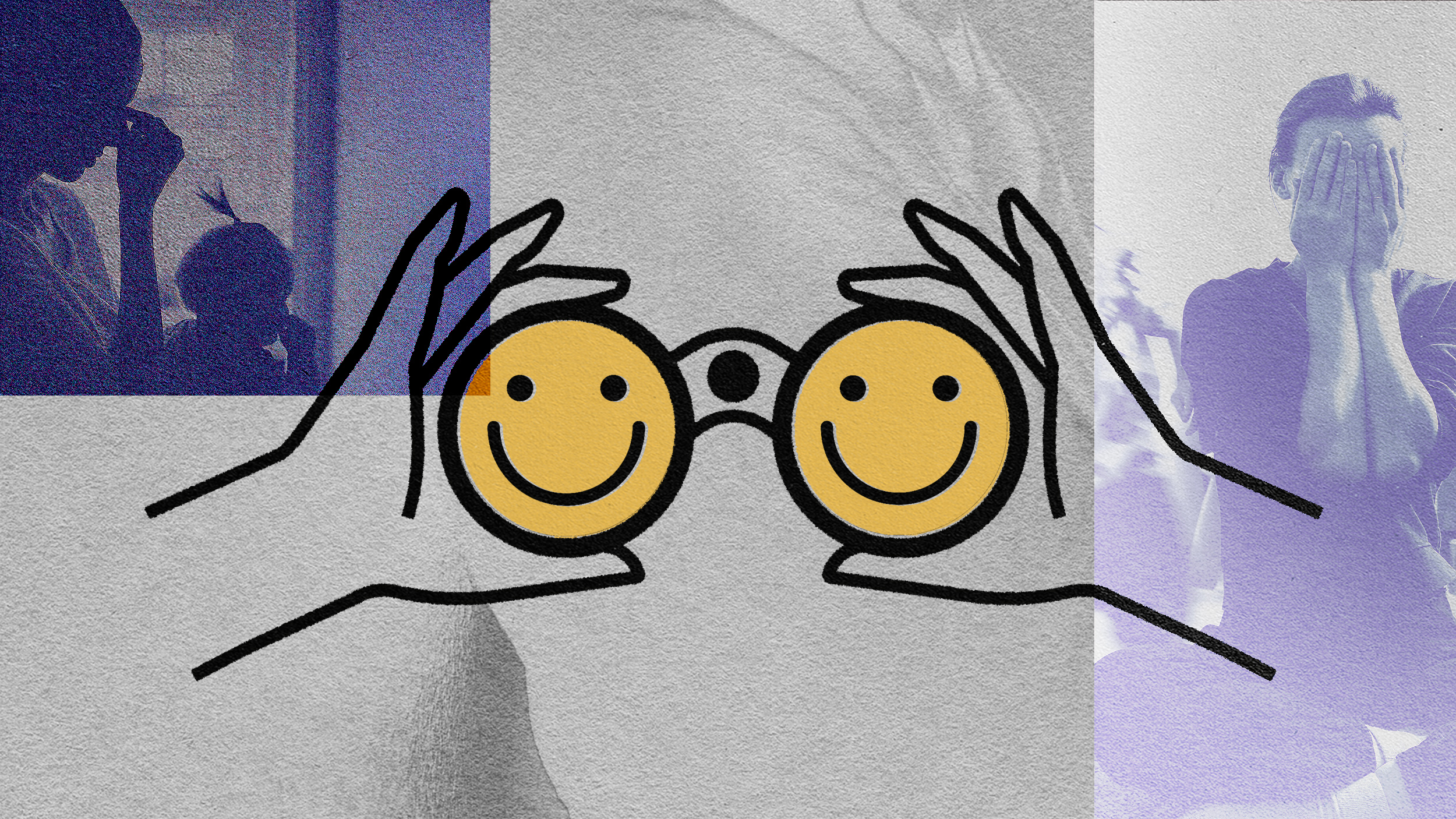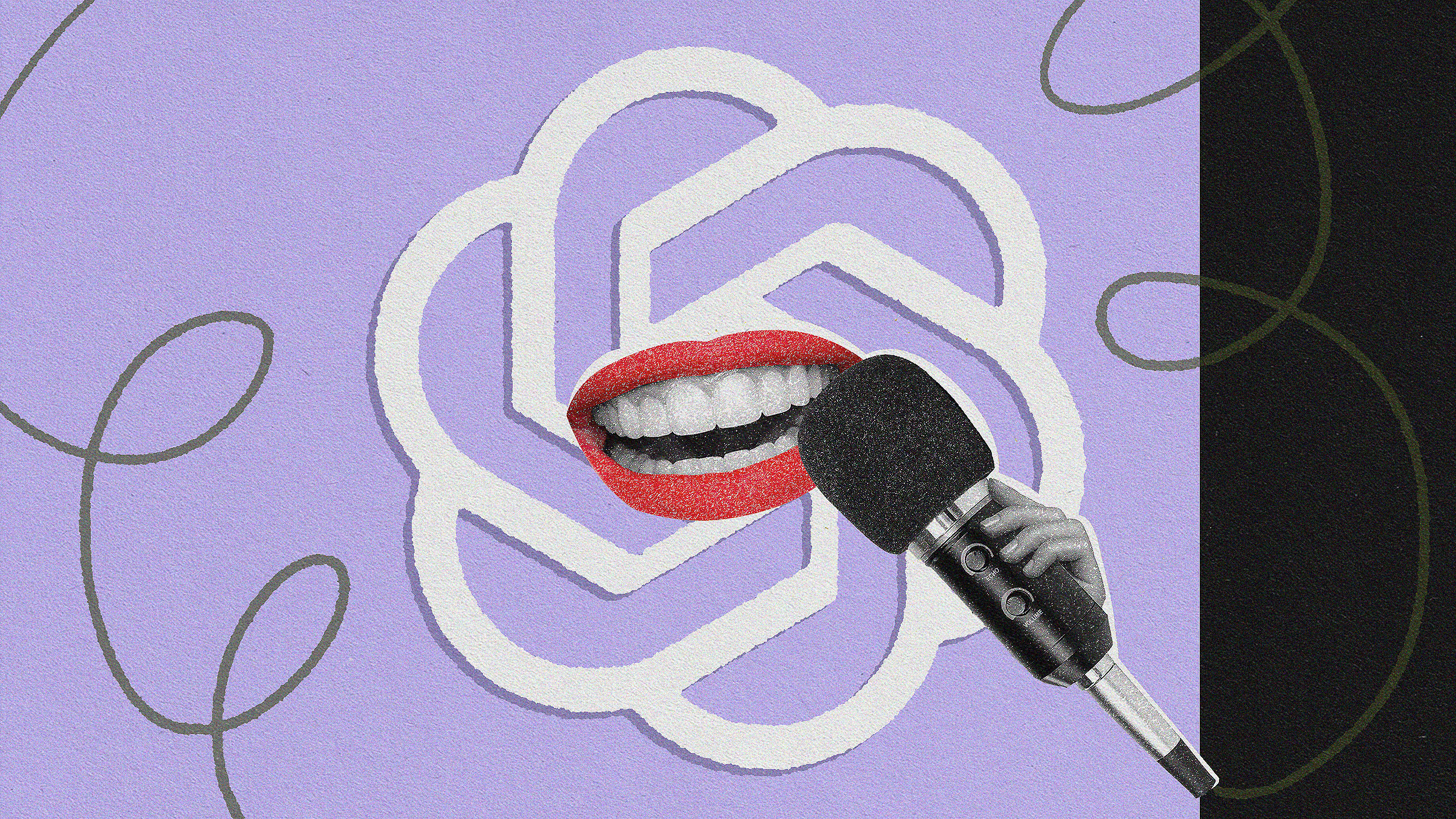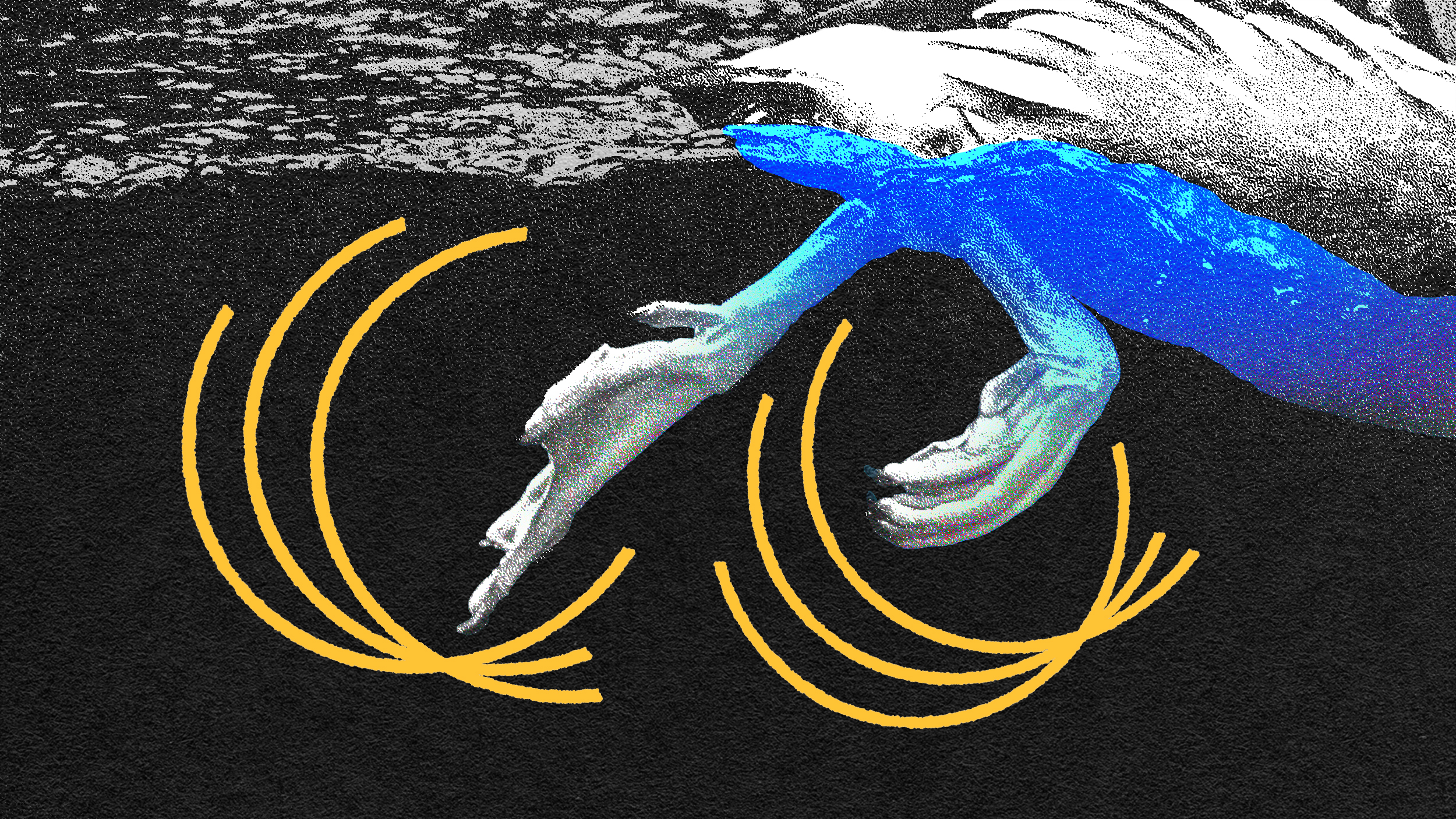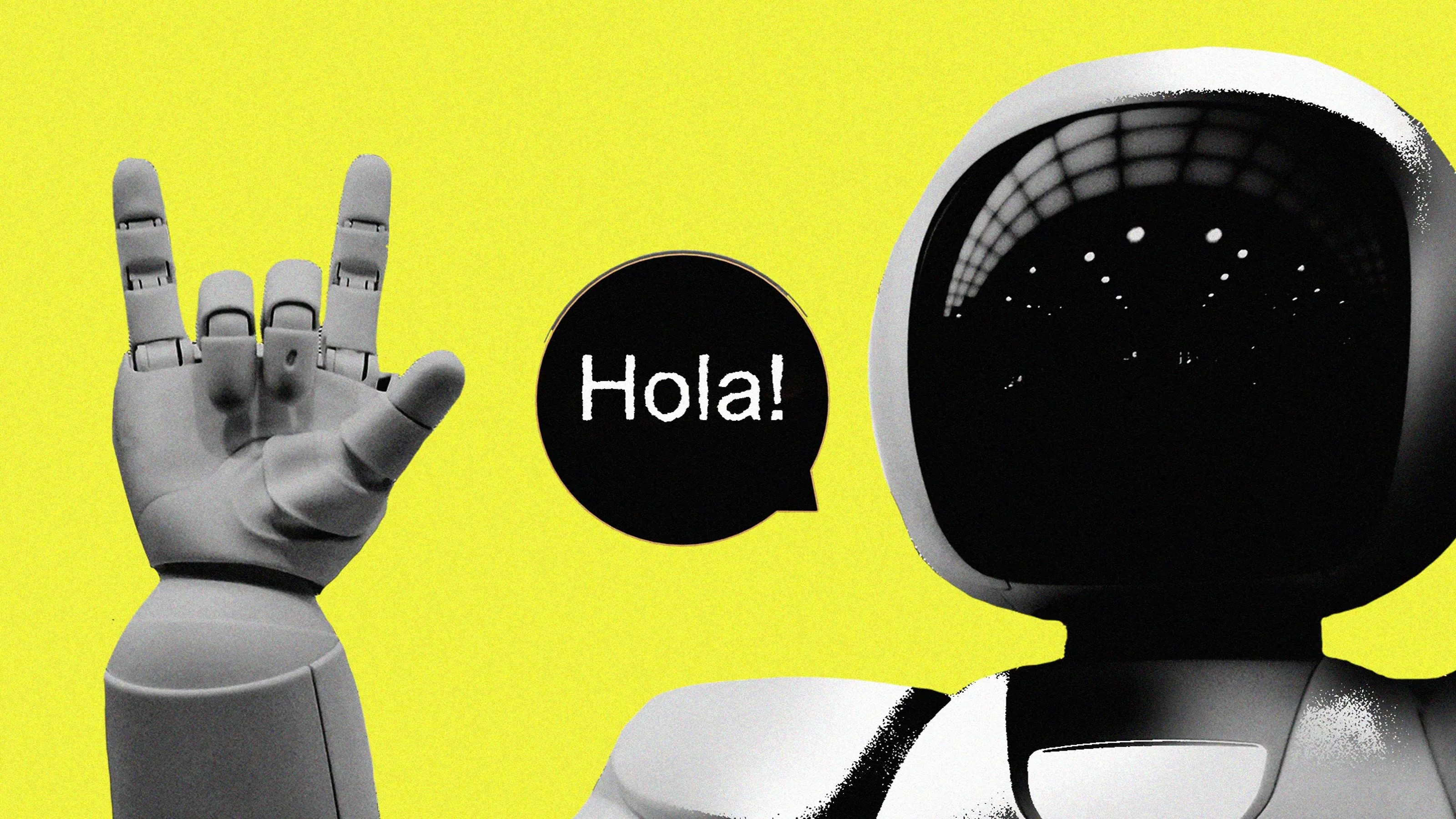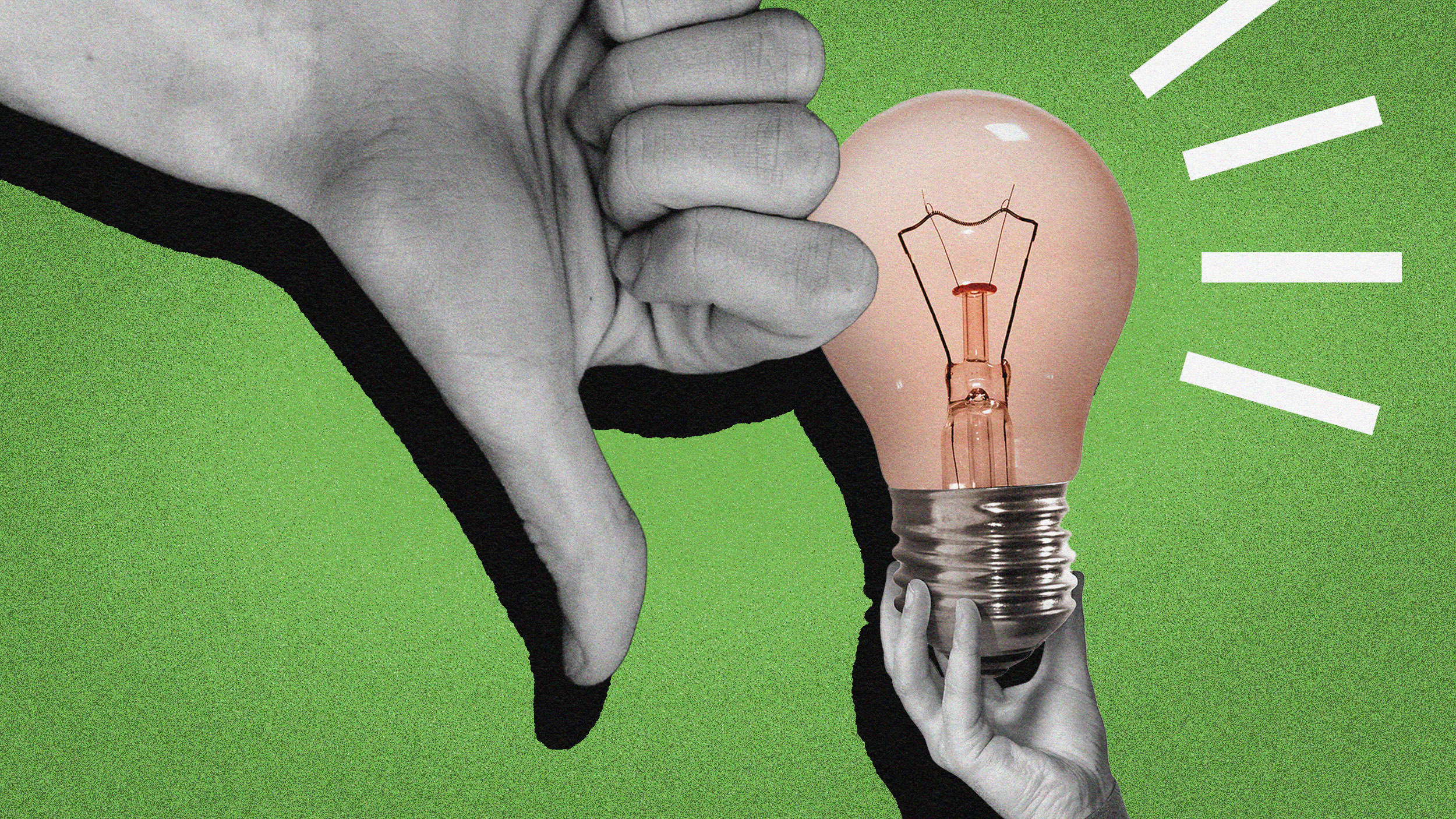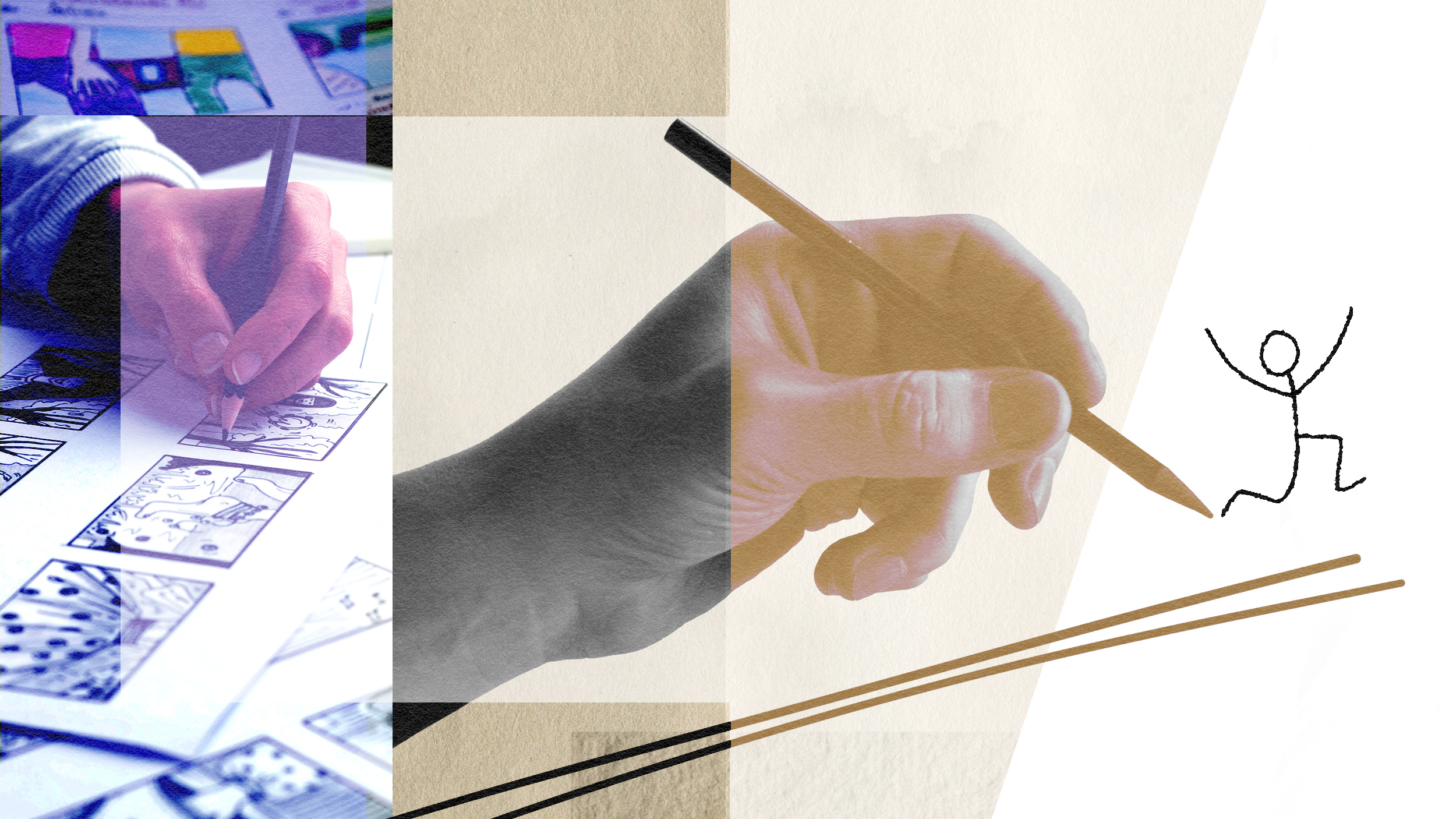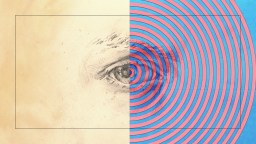psychology
Ditch the old brain vs. heart assumptions, and instead think about a heart-led brain.
The truth may be out there — but it’s not in these close encounters of the third kind.
The Reitoff principle gives us permission to “write off” a day and intentionally step away from achieving anything.
How would you feel about working like a Lutheran or a Cistercian?
Happiness is not a five-star holiday. It’s often the result of struggle — and asking for help, as author Stephanie Harrison recently told Big Think.
AI looks like a natural and inevitable fit for business coaching — but some humans are wary. Here are the pros and cons.
The secret sauce of humor is incongruity. AI knows this as well as we do.
Memories aren’t mental recordings, but pliable information we can use to better manage the present and conjure future possibilities.
When we view hard work as a sign of low aptitude, it harms our ability to learn and grow.
Being bilingual benefits children as they learn to speak — and adults as they age.
People who have a regional accent might prefer robots who speak like them over generic voices.
Neuroscientist Tali Sharot recently spoke with Big Think about a two-step method for escaping the dark sides of habits.
When all your teammates fall for “the emperor’s new clothes,” the results can be disastrous — here’s how to bust the groupthink.
Genes are sometimes called the “blueprint of life,” but that doesn’t make them the behavioral playbook.
A simple dice game shines a bit of light on the psychology of regret.
Here’s the thorny reality behind psychedelics’ ability to unearth buried memories.
Here’s how belief in a higher power can act like a psychological safety net.
About three out of every four people arrested in the U.S. are men. That rate is similar across the world.
After listening to the same playlist, people from the United Kingdom, the United States, and China reported feeling nearly identical bodily sensations.
Some of the world’s most satisfied societies are poor, small, and remote.
What Shark Tank pitches, Sundance films, and unusual sandwiches show us about our choices.
To make a ton of information stick in your mind, you have to make it chunky.
Benjamin Breen on his greatest revelations while writing about the birth of psychedelic science.
Big Think spoke with animator and animation historian Tom Sito about the cyclical evolution of animation.
Scientists are probing the head games that influence athletic performance, from coaching to coping with pressure.
Big Think spoke to the author of “The 5 Love Languages” about the popular relationship theory — and its lack of scientific support.
It may seem as though top performers are always on, but the secret to their success is taking the time to recharge.
An MIT study finds the brains of children who grow up in less affluent households are less responsive to rewarding experiences.
What is perception, really? Philosopher Alva Noë on why perception is a puzzling phenomenon:
▸
3 min
—
with





